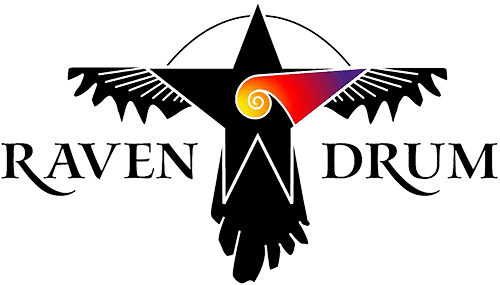By Philip Folsom
“It is no measure of health to be well-adapted to a sick society.” –Krishnamurti.
As this wise philosopher knew, sickness arises from “dis-ease” — maladaptive tendencies such as stress, anxiety, and the lack of meaning, purpose or a sense of belonging in one’s life. These tendencies in turn lead to physical illnesses such as cancer, diabetes, or chronic pain — and oftentimes suicide.
As opposed to modern, so-called “advanced” societies, intact tribal groups experience very low rates of stress-induced illness. Why? Because tribes operate on internally-coded honor systems whereas modern society is based on a search for pride, which generally comes through the stress of seeking external validation such as money, achievement or acclaim.
Many veterans are unable or unwilling to reintegrate into society, and in fact often would prefer to return to the horrors of war; they come to derive meaning and a sense of belonging from the tribal, honor-based system of living and working among their fellow combatants rather than from other societal values that no longer feel relevant to them.
Not surprisingly, since 9/11 while about 8,000 veterans have been lost in combat, over 150,000 have been lost to suicide.
If we can reverse this trend by promoting mindful practices and psycho-education among our treasured veterans, we can help not only them but other major segments of society.
Several years ago, Yellowstone Park introduced fourteen wolves into the park environment; wolves are what’s known as an “apex” or top-of-the-food-chain species. They in turn thinned the deer population, which then restored meadowlands and root systems, which then resulted in healthier river banks. In what anthropologists call a “trophic cascade,” healthy wolves thus transformed the entire park landscape into a balanced, healthy ecosystem.
In many ways our veterans represent an apex species of their own — a physically tough, courageous group who goes where no one else dares in order to carry out the will of our nation.
If they can be brought to health and strength when they return to civilian life, they can in turn profoundly influence other troubled groups with tribal values in a non-tribal society, such as police officers and inner city youth.
Thus, as we work to direct our veteran “wolves” toward health and wholeness, they will be able to use the benefits of their experiences in meaningful and purposeful ways to help heal and balance other groups within the social environment.

